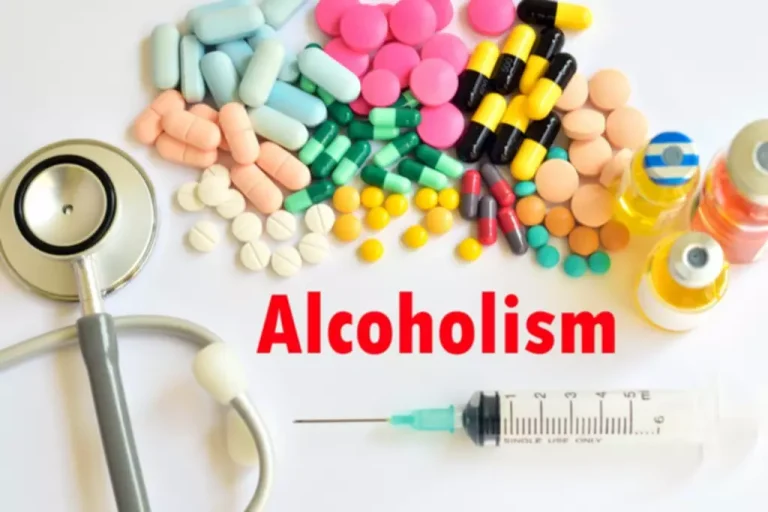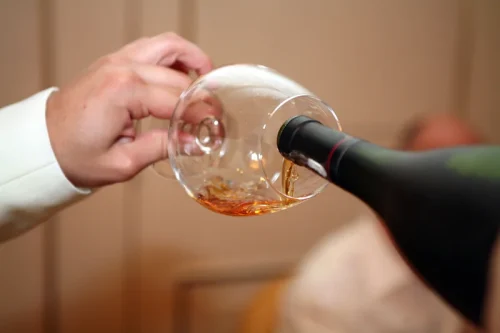
Before you try to remove alcohol from your body, you should know that there are different factors that may speed up or slow down the process. So the elimination may last longer for someone, while others may sober up fast. If you’re struggling with alcohol addiction, seeking professional treatment can be the first step toward a healthier and happier future. Depending on how much you drink, it can take 6 to 24 hours for your body to metabolize alcohol. Most hangovers start once your blood alcohol level starts to return to zero. Hangovers generally only last up to 24 hours and go away on their own.
- The less you consume alcohol, the less damage to your liver and kidneys will endure.
- Additionally, fiber can bind to alcohol in the stomach and intestines, which can help to reduce the amount of alcohol that is absorbed into the bloodstream.
- Drinking plenty of water will reduce dehydration and get water back in your system.
- Additionally, drinking lots of water can help dilute the alcohol in your urine, making it less detectable in a drug test.
How Should One Start Flushing Out Alcohol?
If you’re trying to quit drinking, detoxing from alcohol will normally take 1-2 weeks. On the other hand, if you’re trying to quickly get alcohol out of your system for a drug and alcohol test or for a court ordered alcohol test, you’re out of luck. There’s nothing you can do to speed up how quickly alcohol leaves your system.
Food Intake
- Group meetings can help individuals stay accountable while going through the recovery process.
- As a community based treatment center, it’s important to us that we share helpful resources and expert content created for those who are seeking treatment or already in recovery.
- This test measures the concentration of alcohol in a person’s bloodstream, providing a precise and accurate assessment of their blood alcohol concentration (BAC).
- Experts highly recommend drinking plenty of water before and after a drinking session to keep your liver and kidney health.
- A BAC of 0.10% means a concentration of one part alcohol for 1,000 parts of blood volume.
It is also important to avoid drinking alcohol during exercise, as this can interfere with the body’s ability to flush the alcohol from the system. Flushing alcohol from urine fast requires abstaining from alcohol consumption and drinking plenty of water to help the body flush out the alcohol. It is important to note that if you have only recently consumed alcohol, it is unlikely that you will be able to flush it out of your system quickly. Drinking plenty of water is one of the best ways to flush alcohol from your system.
Recipes for Mediterranean Dishes and Beer Cocktails: Pairing Guide and Flavor Profiles

Your liver is responsible for breaking down the majority of alcohol in your body. As a matter of fact, 90% of the metabolism of alcohol into water and carbon dioxide is performed by the liver. The remaining 10% is removed through the lungs (breathing), kidneys (urine), and skin (sweating). It’s important to note that the body can only metabolize a certain amount of alcohol per hour.
Your liver breaks down the alcohol and turns it into the highly toxic and reactive chemical acetaldehyde. Ninety percent of the time, the alcohol goes through the liver, and only around 10% of it gets out through sweat and urine. Recognizing the symptoms and risks of alcohol withdrawal is crucial for a safe recovery journey. Seeking professional help and embracing a holistic approach can improve the chances of successfully overcoming alcohol dependence.
Amount and Type of Alcohol Consumed
Afterwards, it moves into the bloodstream, where it stays until it’s filtered out by the liver. But, your urine will still show traces how to flush alcohol from urine fast of alcohol for up to 80 hours. In urine, alcohol can be detected from 12 to 130 hours if a person has been drinking excessively.

- We’ve also partnered with Moderation Management, a non-profit dedicated to reducing the harm caused by the misuse of alcohol.
- When your body is working to flush alcohol out of your system, certain foods can hinder this process.
- In most cases, alcohol can stay in your system for 6 to 72 hours.
- An older person is also more likely to be taking medication that affects the liver.
In addition, if you have to hide alcohol use, it’s a good sign that you need help. If you’re struggling to curb alcohol use or to quit, even with a court order, it’s a good sign that you should ask for help. Age, weight, food intake during alcohol consumption, medications, liver health, and the time between drinks all contribute to how long alcohol remains in your body.
How Does Your Body Get Rid of Alcohol?

